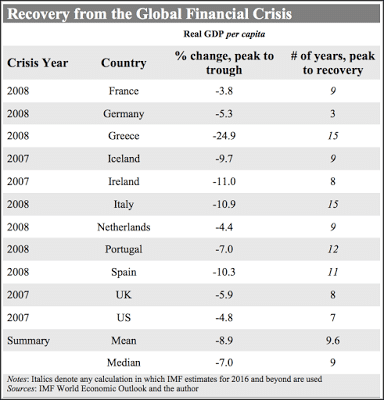For Africa, South Korea Sets a Knowledge-Economy Example
Twenty-first century competition is centered on the knowledge economy, with Europe and North America inexorably charting the course of development in the international arena. In calculated steps, Latin America and Asia have been asserting the need for enhanced knowledge economy strategies in their own pursuits of national and regional development. The historic pattern formulated by Japan has set the course for the People’s Republic of China (PRC), Malaysia, and the newly industrialized economies of Asia.









